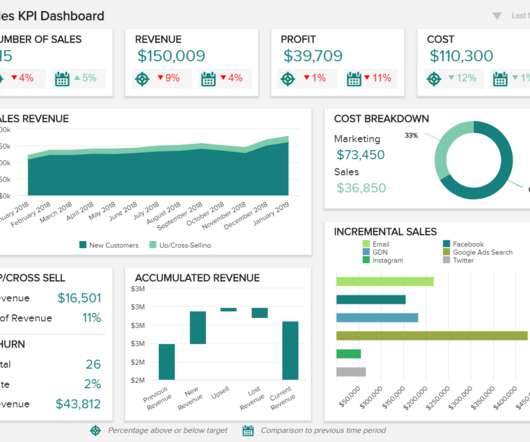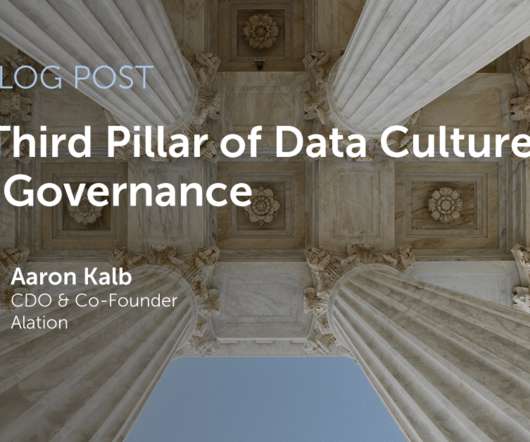Best BI Tools Examples for 2024: Business Intelligence Software
FineReport
APRIL 9, 2024
Evolving BI Tools in 2024 Significance of Business Intelligence In 2024, the role of business intelligence software tools is more crucial than ever, with businesses increasingly relying on data analysis for informed decision-making.














Let's personalize your content